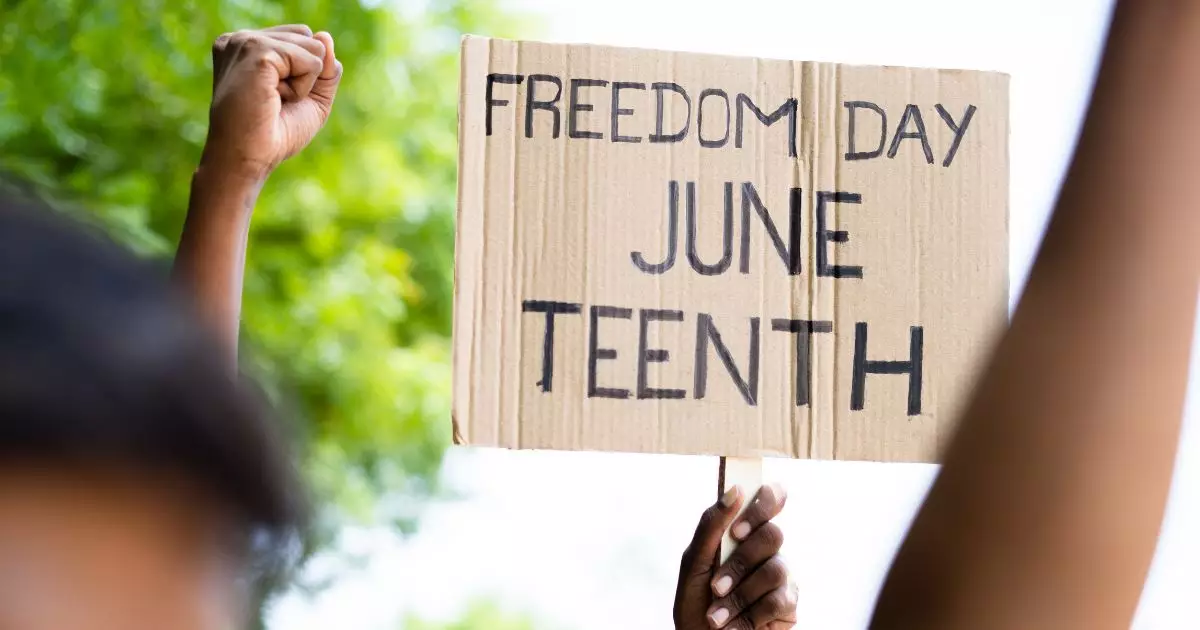
Juneteenth and the Shadows of History: Reflecting on Equality, Equity, and Health
Juneteenth, commemorated every year on June 19th, marks a pivotal moment in American history—it is the day when the last enslaved African Americans were informed of their freedom in 1865, two years after President Abraham Lincoln issued the Emancipation Proclamation. This day, also known as Freedom Day or Emancipation Day, is not just a celebration of liberation but also a time to reflect on the ongoing struggles for equality, equity, and health within the African American community.
The Historical Significance of Juneteenth
The origin of Juneteenth dates back to Galveston, Texas, when Union soldiers, led by Major General Gordon Granger, landed in the city and announced the end of the Civil War and the freedom of all enslaved individuals.
This announcement was formalized in General Order No. 3, which stated that all slaves were free and had absolute equality of personal rights. This day came to symbolize the absolute end of slavery in the United States and became a cornerstone for the African American community.
The Intersection of Equality and Equity
Equality and equity are often used interchangeably, but their meanings have important differences, especially in the context of social justice. Equality involves providing the same level of opportunity and assistance to all segments of society, while equity involves recognizing that we do not all start from the same place and must acknowledge and make adjustments to imbalances.
The legacy of slavery has cast a long shadow over the United States, manifesting in systemic racism that permeates many aspects of American life. Despite the legal end of slavery, subsequent laws and practices such as Jim Crow laws, redlining and voter suppression, and discrimination in education and employment have hindered generational progress.
Recognizing these inequities is the first step in crafting policies that adjust for these disparities.
Impact on Health Equity
Health equity remains one of the most critical issues facing the African American community today. For instance, African Americans often face higher rates of hypertension, diabetes, and heart disease than their counterparts of European extraction.
These issues are exacerbated by factors such as:
- Lower access to healthcare, including mental health services,
- Economic barriers,
- Insufficient health literacy education, and
- Underrepresentation in both medical research and clinical practice.
Juneteenth serves as a reminder of the need for an inclusive health system that acknowledges these disparities and works towards rectifying them. It’s essential to pursue a healthcare model that not only treats illnesses but also addresses the social determinants of health such as:
- Adequate housing,
- Public safety,
- Freedom from air pollution and toxins,
- Access to green spaces, and
- Employment opportunities.
Cultural Celebrations and Education
Juneteenth celebrations often include parades, singing, and readings of the Emancipation Proclamation. But they also serve as platforms for raising awareness about the ongoing struggle for civil rights and the quest for racial justice.
Such events provide opportunities to educate the community about African American history and culture, which are often inadequately covered in mainstream education systems, and now are being actively suppressed in some, mostly Southern, states.
Education plays a critical role in bridging gaps in understanding and fostering an environment where true equity can be achieved. Highlighting African American history within the broader American narrative can foster greater empathy and understanding across communities, and foster greater solidarity and support for policies that aim to rectify historical wrongs.
Moving Forward
The observance of Juneteenth is a call to action to address the deep-seated inequities that stem from centuries of oppression. It’s a day to honor those who fought for freedom and those who continue to fight for justice.
Recognizing Juneteenth nationally not only acknowledges a critical moment in our history but also reinforces the commitment to an ongoing struggle against inequality and for health equity.
As we reflect on Juneteenth, let’s commit to understanding and taking action to address and redress the impacts of slavery and systemic racism. By confronting these issues head-on, advocating for equitable policies, and educating our communities, we can work toward a future where the promise of equity and health is realized for everyone.

